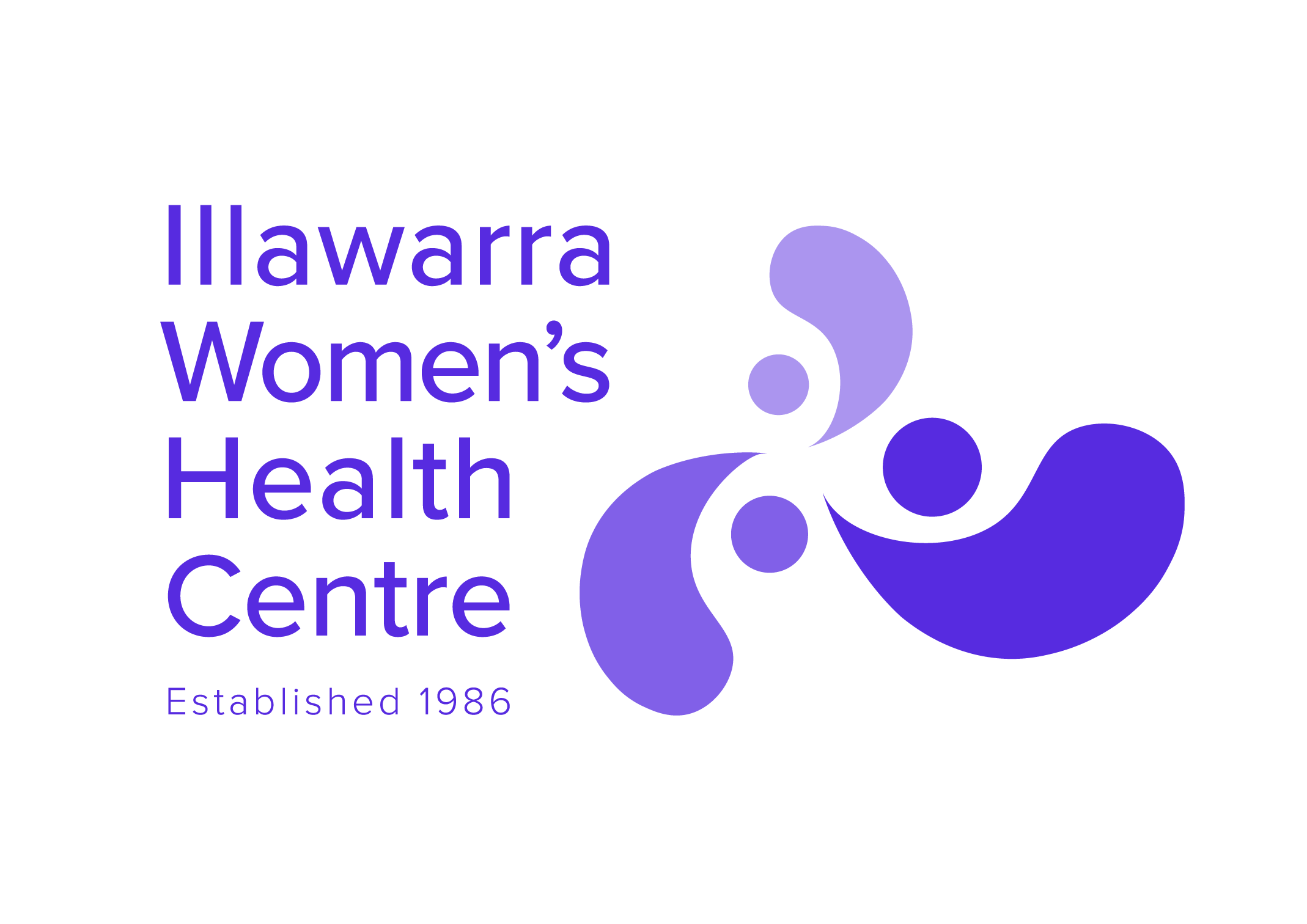A major new national report confirms what many women have long known – reproductive health issues, chronic illness, and experiences of violence have a serious and often hidden impact on women’s ability to stay in paid work.
The Women at work: Health impacts on current paid workforce participation: Major Report 2025 draws on data from tens of thousands of women aged 28 to 51, part of the Australian Longitudinal Study on Women’s Health, which has tracked over 40,000 participants since the mid-1990s.
“This report backs up what we see every day at the Illawarra Women’s Health Centre,” said Sally Stevenson, Executive Director.
“Women are juggling pain, trauma, fatigue, and family responsibilities, all while trying to keep a job. Often, they’re doing it without understanding, support, or workplace flexibility.
One of the most striking findings is the scale of violence reported: 84% of women aged 28–35 and 76% of women aged 46–51 had experienced some form of violence.
The report also highlights how reproductive health has a direct impact on work. Among younger women, frequent menstrual issues like PMT and endometriosis were linked with lower workforce participation.
“It’s the worst thing feeling like you’re dying from the inside from pain, but look completely normal on the outside, so you’re expected to just ‘be’ like a normal person, not someone who has a disability,” said one woman aged 34 to 39.
For women aged 46–51, menopausal symptoms such as hot flushes, night sweats, and insomnia had a measurable impact: 6% said their job performance was “often” affected, and 8% took sick leave due to symptoms.
While the strongest single factor influencing women’s workforce participation was the number of children, the data shows that having two or more children has a particularly significant impact. Women with multiple children were far more likely to reduce their hours, work part-time, or leave the workforce entirely, not just during early motherhood, but across many years.
“From managing period pain to navigating menopause, from recovering after violence to juggling childcare, women are expected to carry on as if none of it exists,” said Ms Stevenson.
“Without real access to flexible work, supportive leave policies, and a culture that understands women’s health, too many are forced out of the workforce.
“We need urgent, systemic change to keep women safe, supported and employed.”
If you feel strongly about this issue you can write to NSW Minister for Industrial Relations, Sophie Cotsis here.

